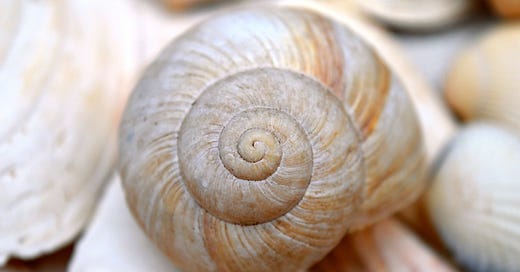As I sit here, reflecting on the nature of existence, I’m struck by a profound realization that has been echoed by countless philosophers, spiritual leaders, and thinkers throughout history: life happens in the present. It’s a simple concept that carries immense weight and significance. I’m not the first to ponder this truth, nor will I be the last, but its impact on my journey has been transformative.
The idea that we only truly live here and now is easy to grasp intellectually. We can nod in agreement, perhaps quoting a few inspirational phrases about “seizing the day” or “living in the moment.” But how often do we genuinely embody this wisdom in our daily lives? I’ve found myself guilty of paying lip service to this concept while my mind wanders between past regrets and future anxieties.
As I reflect on my own life, I realize how much time I’ve spent dwelling in realms that don’t exist—the bygone days of the past or the imagined scenarios of the future. It’s a sobering thought to consider how much of my life has slipped unnoticed while I was mentally elsewhere. This realization has sparked my deep desire to cultivate a more present-centered existence.
But here’s the crux: living in the present is not a passive state that we can will into being. It requires active practice, dedication, and a willingness to repeatedly redirect our wandering minds to the now. Even those with established meditative practices—traditional seated meditation, tai chi, qigong, or yoga—find it challenging to maintain a consistent presence. The mind’s tendency to drift is powerful and deeply ingrained.
I’ve come to understand that the present moment is incredibly elusive, even for those who have spent years honing their ability to stay grounded in the now. For the average person like myself, it can feel like trying to grasp water – the harder we try to hold on, the more it seems to slip through our fingers. Yet, in this very challenge, I’ve found the most growth and richness in my life.
To be present means opening ourselves up to the full spectrum of sensations, emotions, and experiences that make up our current reality. It involves tuning into the subtle signals our bodies send us, becoming aware of the intricate details of our environment, and genuinely connecting with the people around us. This level of presence requires effort, patience, and a great deal of self-compassion and understanding for others.
As I’ve embarked on cultivating presence, I’ve come to believe this is one of our fundamental callings. Without being in the present, we risk merely going through the motions of living without genuinely experiencing the depth and richness of our existence. We become spectators rather than active participants in our own lives.
The moments when I manage to inhabit the present moment are transformative. When I step out of the constant chatter of my mind and into the vivid reality of the now, I experience a profound shift in my perception. In these instances of authentic presence, my wants and needs fall away. The simple act of breathing, being aware, and sensing the world around me becomes enough. It’s as if I have everything I could ever need or want in those fleeting moments of presence.
This shift from living in my head to living in my heart and body has been revolutionary. It’s changed my priorities, altered my focus, and brought a depth to my experiences that I never knew was possible. The challenge lies in extending these moments of presence, in weaving them more consistently into the fabric of my daily life.
As I continue on this path, I wonder how something as simple as being present can profoundly enrich our lives. It’s a practice that requires constant renewal, a commitment we must make anew with each passing moment. But the rewards—a life lived fully, richly, and authentically—are immeasurable.
In sharing these reflections, I hope to inspire others to join me on this journey of presence. It’s not an easy path, but it leads to a more fulfilling, conscious, and alive experience of our time. After all, the present moment is all we truly have – let’s learn to inhabit it fully.
Reflective Questions to Consider
Take some time to reflect on and journal the following questions.
How often do you live in the past or future instead of the present moment?
What practices have you tried to cultivate presence in your daily life?
How does being present change your perception of your needs and wants?
How can you cultivate more patience and compassion for yourself as you practice mindfulness?
What sensations and experiences do you notice when you’re fully present in the moment?
How might prioritizing presence shift your overall life experience?
What challenges do you face in remaining present?
How does being present affect your interactions with others and your environment?
How does living in the present moment make you feel more alive?
How can you remind yourself to return to the present when your mind wanders to the past or future?




